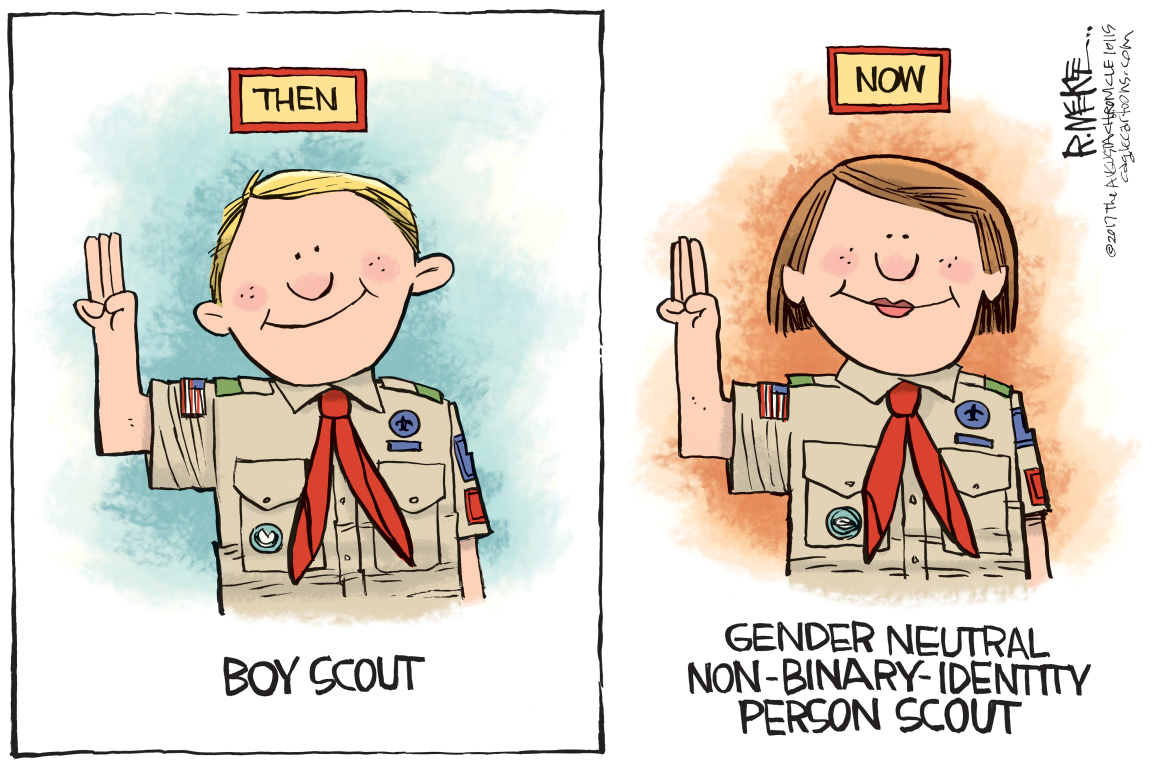This is the golden age of Artificial Intelligence, machine learning, and process automation. It is beginning to affect everything.
But, what it means is up for interpretation. For example, one of the top digital marketers remains largely unfazed. Below is a video I did with Ryan Deiss, who has a different perspective on AI than I do.
Check it out:
Ryan understands that marketing relies heavily on data-analytics and automation ... but he believes that it is also reliant on the personal touch.
Similarly, a friend and advisor sent me a link to a post where a fund manager made a similar argument about trading.
I agree that people are still a vital aspect of many businesses, and can't be fully replaced. However, I am dramatically more bullish on AI and its future and impact.
In many instances, today, what passes as AI is just an elegant use of brute force.
Nonetheless, AI is great at solving problems ... and is becoming increasingly able to digest and perform complex tasks (including tasks formerly thought of as done exclusively by humans).
Ryan believes that the best AI makes a conversation more human (in regards to selling and retail) and allows humans to be more human. In other words, as technology frees people up – they are free to spend their time on more valuable tasks and processes.
This has happened many times in society. Fewer people work in farming or manufacturing ... and yet there are more people doing more jobs.
So, obviously, in the same way that mechanization freed up workforces for better jobs, AI can do the same.
Realize, however, that human perception is linear ... while technological growth is exponential. Consequently, we probably do not know what AI will give (or take from) humans.
Only time will tell.
Meanwhile, some of the biggest companies are making big bets on R&D.
via Bloomberg
A reminder ... the best way to predict the future is to invent it.
Onwards!


The Next Gilded Age ... This Generation's Carnegies, Rockefellers and Vanderbilts
The world's super-rich hold the greatest concentration of wealth since the turn of the 20th century.
According to The Guardian, there are now 1,542 billionaires in the world. Meanwhile, last year, the collective wealth of billionaires increased almost a fifth – to six trillion dollars. For context, that's more than almost every country's GDP... except the top 4 (China, United States, India, and Japan).
The first Gilded Age was established by monopolies in US rail, oil, steel, and banking.
Income equality was extreme with the Vanderbilts being worth $185 billion due to his railroad empire, Andew Carnegie being worth $309 billion due to his steel empire, and John D. Rockefeller built an Oil empire (it controlled about 90% of the American oil business) that netted him $336 billion.
It's interesting to look at the transition from the richest in the late 1800's to the richest in 2017 ... the transition from industries like Steel, Oil and Rail, into companies like Amazon, Microsoft and Walmart.
While there are more "super-rich" today than before, our wealthiest individuals don't compare to before. Jeff Bezos is worth approximately $90 billion, Bill Gates is worth approximately $90 billion, and the Walton family has a combined net worth of about $149 billion. You can check out a full list of the top 10 richest people here.
Let me know when your name makes that list. I'll do the same.
Posted at 05:12 PM in Business, Current Affairs, Market Commentary | Permalink | Comments (0)
Reblog (0)